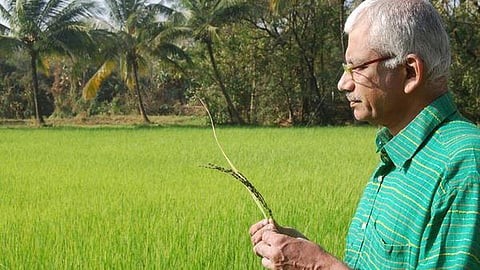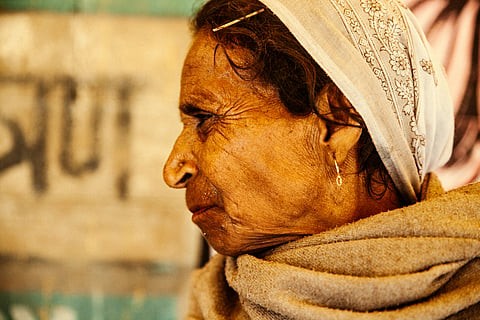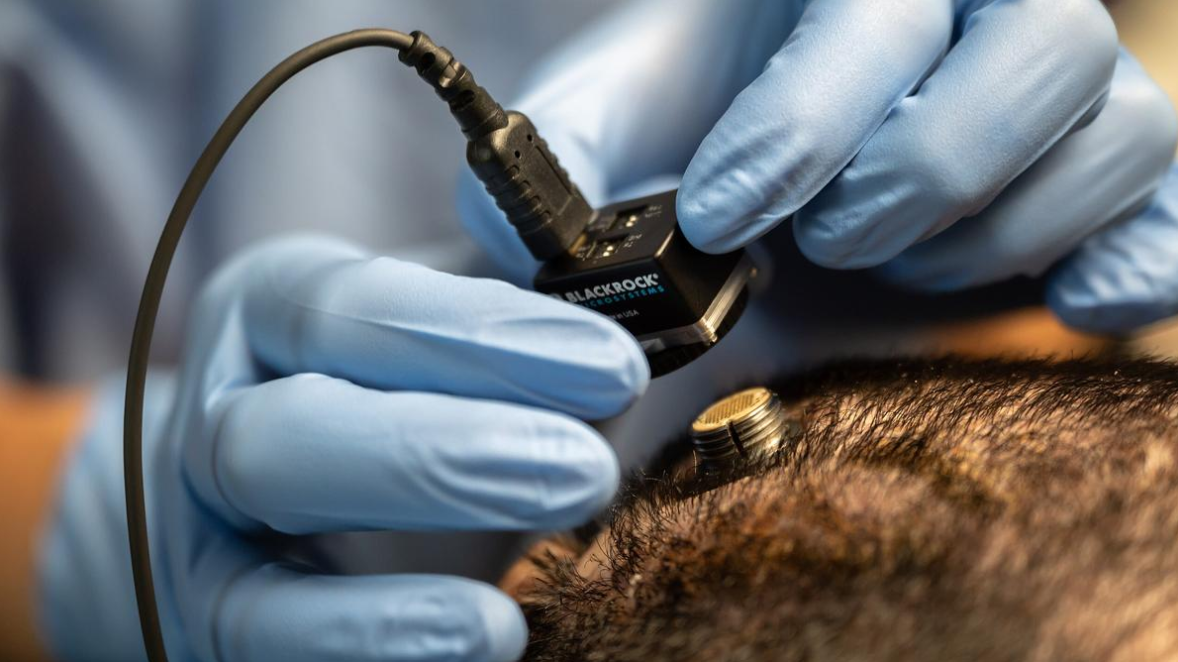Description
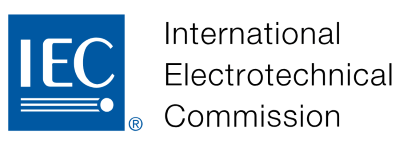
Disclaimer: Copyright infringement not intended.
Context
- India wins the International Electrotechnical Commission (IEC) Vice Presidency and Strategic Management Board (SMB) Chair for the 2023-25 term.
- India’s representative, a member of the Indian National Committee of the International Electrotechnical Commission (IEC) and various technical committees of Bureau of Indian Standards (BIS-India), was elected.
About IEC
- The International Electrotechnical Commission is an international standards organization that prepares and publishes international standards for all electrical, electronic and related technologies – collectively known as "electrotechnology".
- The IEC was officially founded in June 1906, in London, England. Ever since it has made electrical and electronic technologies safer, more efficient and more reliable. Ever since it has made electrical and electronic technologies safer, more efficient and
- IEC standards cover a vast range of technologies from power generation, transmission and distribution to home appliances and office equipment, semiconductors, fibre optics, batteries, solar energy, nanotechnology and marine energy as well as many others.
- The IEC also manages four global conformity assessment systems that certify whether equipment, system or components conform to its international standards.
- All electrotechnologies are covered by IEC Standards, including energy production and distribution, electronics, magnetics and electromagnetics, electroacoustics, multimedia, telecommunication and medical technology, as well as associated general disciplines such as terminology and symbols, electromagnetic compatibility, measurement and performance, dependability, design and development, safety and the environment.
- The IEC cooperates closely with the International Organization for Standardization (ISO) and the International Telecommunication Union (ITU).
- Standardization Management Board (SMB) is an apex governance body of the IEC responsible for technical policy matters.

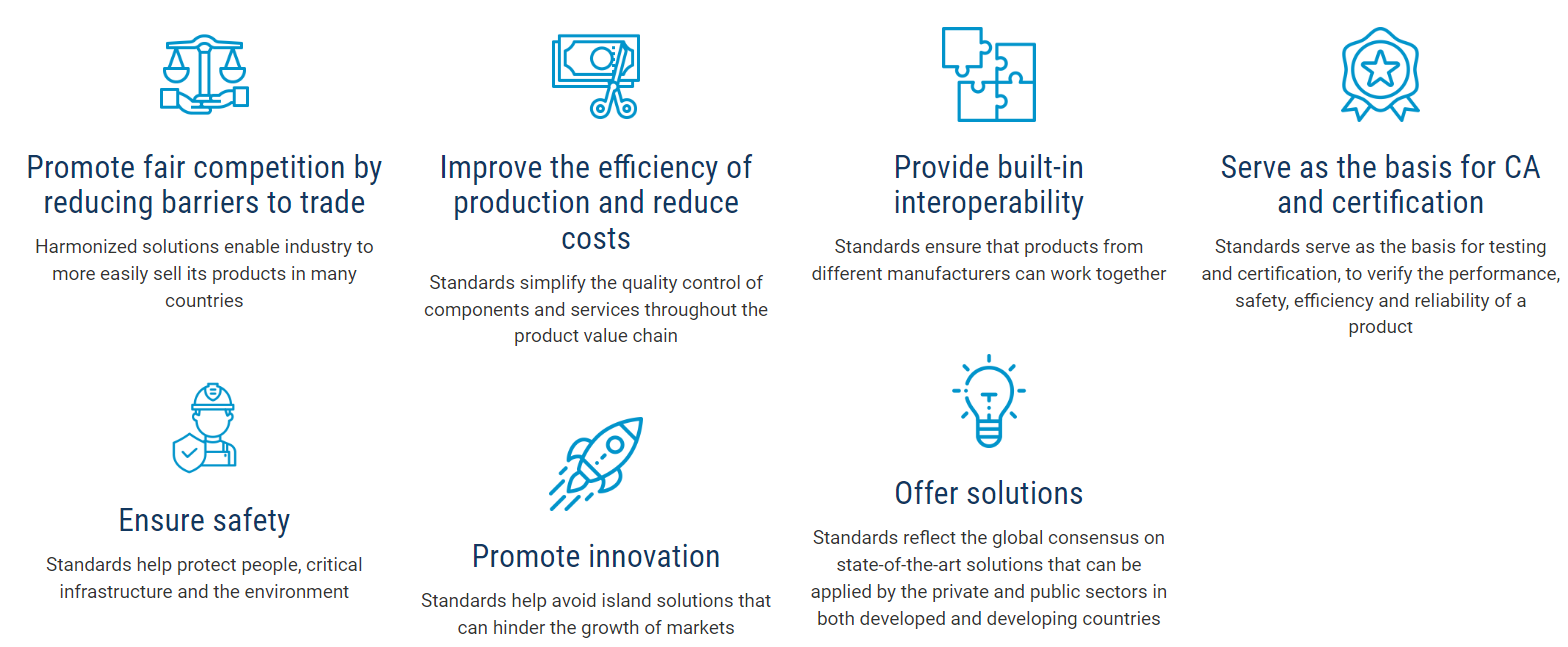
Benefits of IEC standards
- Countries are increasingly interdependent: Products are manufactured, assembled and sold in countries that span the globe
- Harmonized, globally agreed technical rules ensure that components are able to work together correctly so that the final product is safe and functional for the end-users.
- International standards provide the technical rules that ensure the safety and performance of products and help reduce barriers to trade. They provide the basis for conformance testing and allow electrical and electronic devices to enter markets around the world.
Membership and Participation
- The IEC is made up of members, called national committees, and each NC represents its nation's electrotechnical interests in the IEC. This includes manufacturers, providers, distributors and vendors, consumers and users, all levels of governmental agencies, professional societies and trade associations as well as standards developers from national standards bodies.

Significance of India’s Chairmanship
- Representation of BIS (India) in policy and governance bodies of the International Organization for Standardization(ISO) and IEC ensures that Indian viewpoints on important strategic and policy matters are put forth and it also provides opportunities to align the national standardization priorities with International best practices.
https://pib.gov.in/PressReleasePage.aspx?PRID=1878734







